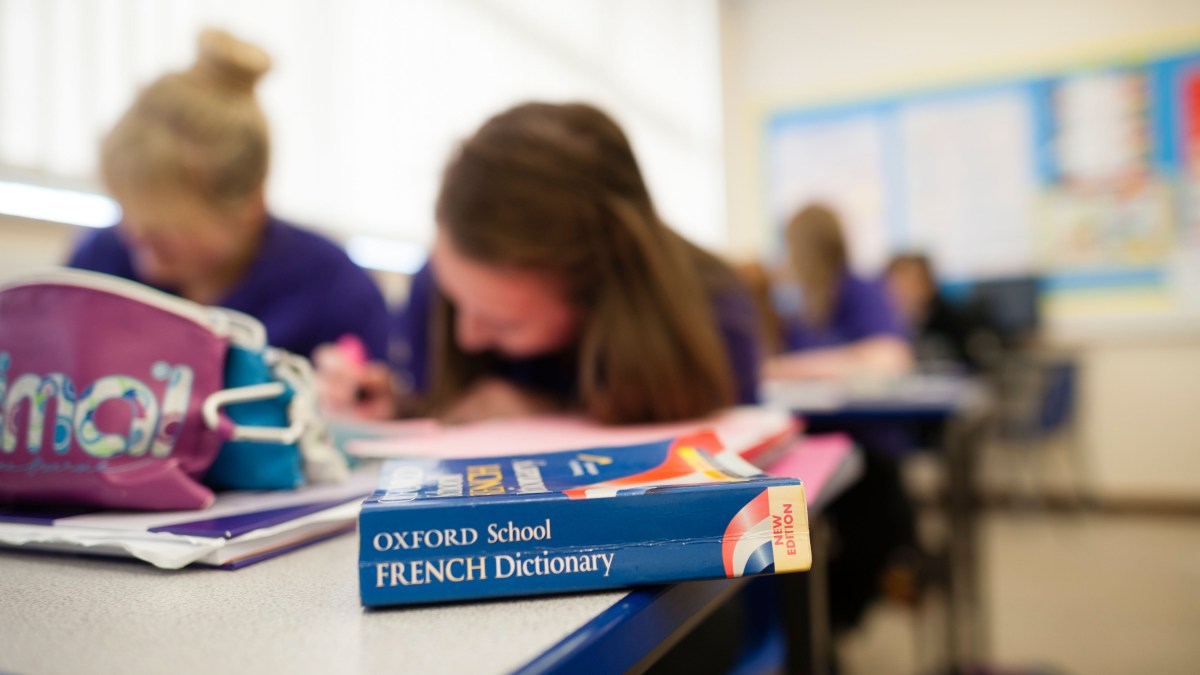A profound language education crisis is gripping UK schools, as alarming new data reveals a severe downturn in the study of foreign languages, jeopardizing crucial skills and future global competitiveness. This concerning trend, detailed in a recent report, signals a potential skills gap that could have far-reaching societal and economic consequences.
The report, issued by the Higher Education Policy Institute (Hepi) and supported by Duolingo, starkly illustrates the dwindling engagement with languages. It highlights that the number of A-level students opting for physical education now surpasses those studying French, German, and classical languages combined, underscoring a dramatic shift in academic priorities within the UK schools system.
Further analysis within the report indicates steep drops across all levels of language instruction, from school enrollments to university courses and, critically, teacher shortage numbers. Only a minuscule 2.97 percent of all A-levels taken this year were in modern or classical languages, Welsh, or Irish, reflecting a systemic issue in language education uptake.
The disparity in language education access is particularly stark in disadvantaged areas across the UK. GCSE entries for languages are significantly lower in poorer regions, with only 46 to 47 percent of pupils pursuing a language, compared to a robust 69 percent in more affluent parts of the country, exacerbating existing educational inequalities.
Nick Hillman, director of Hepi, vehemently criticized the 2004 decision to make languages non-compulsory for 14 to 16-year-olds, branding it “probably the worst educational education policy of this century.” He asserted that this pivotal change under the previous Labour government initiated a period of decline that necessitates urgent rectification by the current administration to address the growing skills gap.
Megan Bowler, the report’s author and an Oxford classics student, issued a grave warning regarding the increasing overreliance on artificial intelligence tools like Google Translate. She emphasized that a deeply ingrained “linguistic mindset” cultivates irreplaceable vital skills, including critical analysis, oracy, and cultural literacy, which AI cannot replicate or substitute.
Bowler further described a “vicious cycle” where diminishing investment and a persistent teacher shortage lead to a falling uptake in language education, ultimately creating a critical skills gap. She passionately called for substantial “intervention and investment” to break this cycle and prevent a future generation from lacking essential global competencies and cultural literacy.
The comprehensive Hepi report also strongly advocates for enhanced support for multilingual pupils, who constitute one in five students in UK schools. It recommends streamlining qualifications for home and supplementary languages, recognizing the immense value and potential of bilingualism as a national asset that can significantly contribute to the nation’s cultural literacy and economic competitiveness.






Leave a Reply